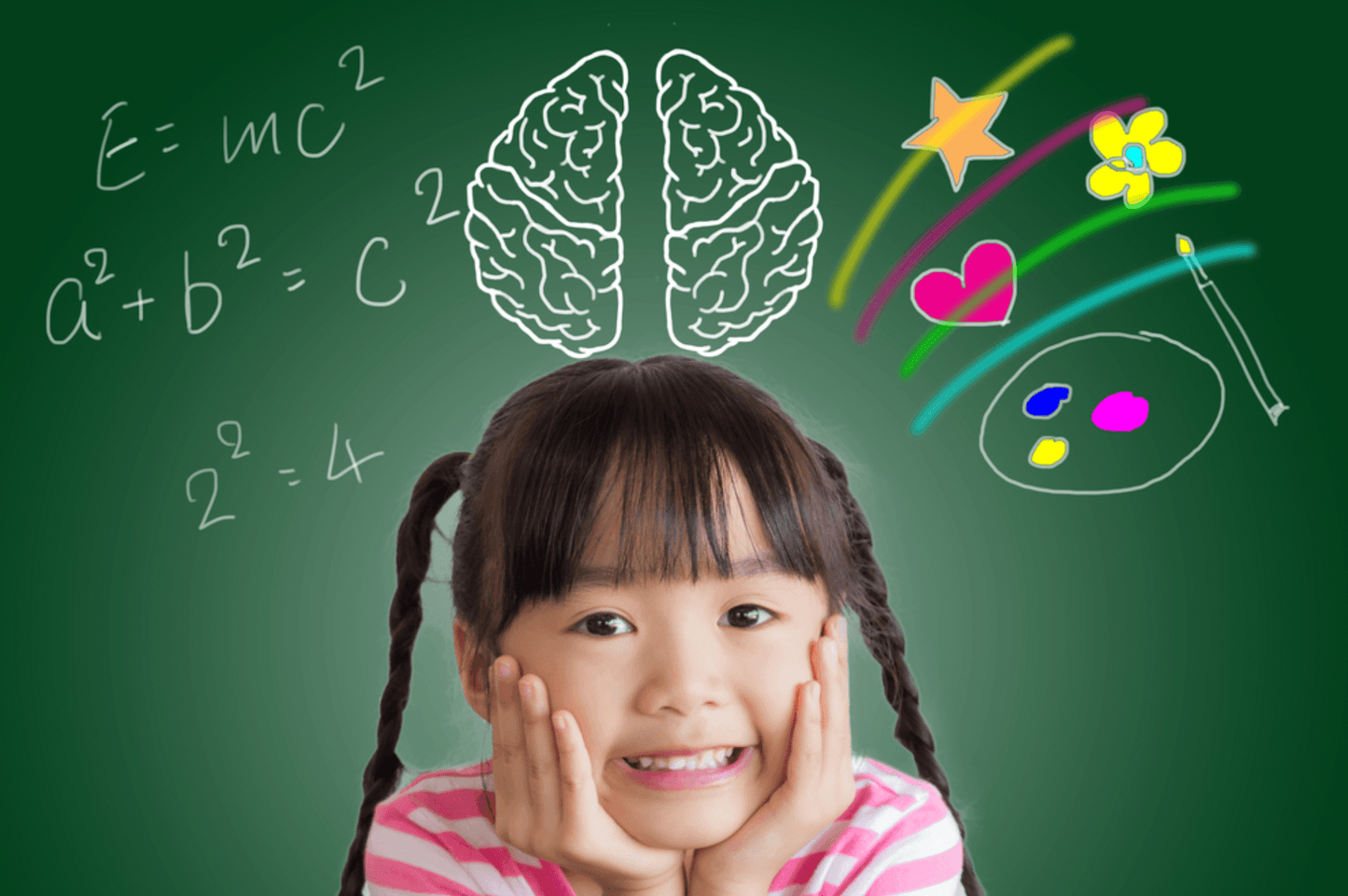
Increase your child’s brain power!
Firstly, what is brain power? Brain power is a child’s ability to think and problem solve.
How can we increase a child’s brain power?
The earlier you can start, the better! There are many games and activities that can help to encourage your child’s brain power. One idea is to play games that involve hands such as peekaboo, this little piggy or even utilising fun puppets. These are great ways to capture a young child’s attention such as a baby or toddler.

Interactive activity ideas
Hands-on activities also have many benefits such as learning how to physically interact with the world. Toys, games or props can be used for this such as jigsaw puzzles, card games and mechanical or building toys. Play games that involve hand movements and control - the more your child practices this, the quicker they will improve hand-eye coordination and motor skills.
Be specific when you are selecting toys for your child. You want to be choosing toys that specifically allow babies and children to explore, interact and learn.
Often parents will go for the prettiest or the most colourful. These are great, however you should also consider toys that teach fine motor skills and good hand-eye coordination.

Selecting the perfect toy
Selecting toys that specifically encourage development for your child works best - generally you can look for toys specific to your child’s age group as this is good guidance at the stage they might be at in terms of milestones.
Reading is a great way to learn
Reading to your child is a great activity to start from a young age. Build it into your routine! If your child is slightly older, involve them in the activity. For example, ask them to read a page for you or to find certain ‘images’ within the book. Ask them who their favourite character is or if they are enjoying the book. Involve your child!
Learning people skills
Speaking to your child from a young age is a great way to increase their vocabulary and allow them to discover rules such as learning singular or plural. It also teaches them ‘people skills’ which is useful for as they grow and mature, meeting new people along the way.

Encourage meditation and reflection
If your child cries or is upset, ensure that you respond promptly. It is important that you show them you care and also to demonstrate how they should deal with the situation. Let them know that it is okay to be upset and to voice their opinion, however don't let them get away with mistakes they may have made!
Explain to them how to react if they are in that situation again and encourage them to deal with problems they experience. This is how they can learn for next time.
To conclude...
All in all, every child is different so it is important as a parent to discover the best needs for your child. As they learn, grow and progress you will gain a greater understanding of what works or doesn’t work for your child. It is a learning curve for many children as well as their parents!

